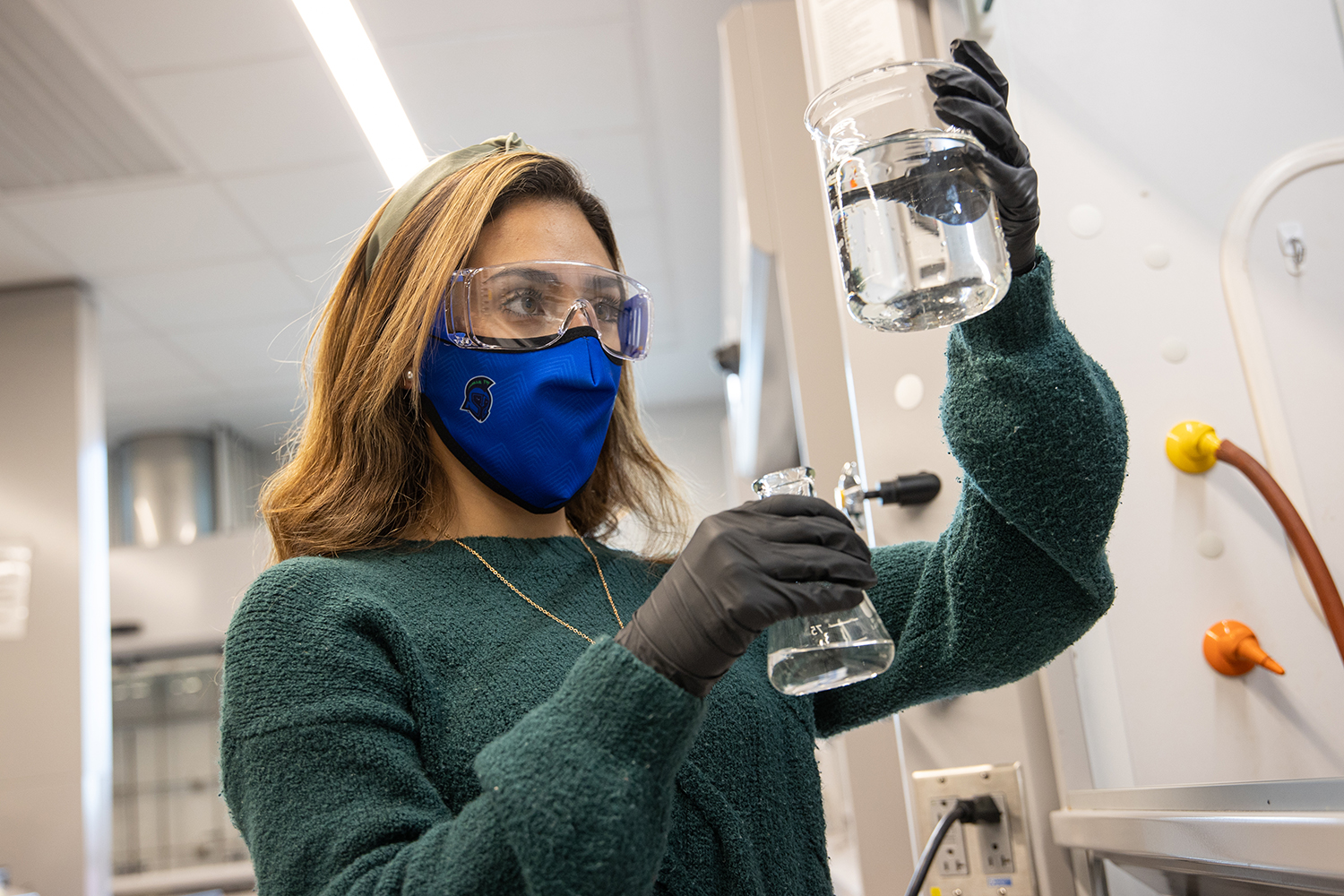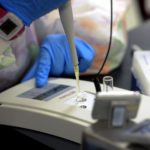UWF S-STEM Scholars program marks 5th year with student success
The University of West Florida Hal Marcus College of Science and Engineering is celebrating the success of 25 remarkable students, thanks to the completion of a five-year grant from the National Science Foundation.

In 2016, the University received a grant totaling $649,888 from the National Science Foundation that provided scholarships, research/internship opportunities and professional development for academically talented, financially disadvantaged students in the fields of science, technology, engineering and mathematics. The funding, which ended in April 2021, supported 25 first-time-in-college students, all of whom were severely financially disadvantaged, with 69% pell-eligible, ethnically underrepresented or underrepresented females in their discipline.
“We were able to guide, support and engage an amazing group of students who succeeded in spite of every barrier they faced from the time they arrived at UWF,” said Dr. Erica Taylor, instructor & assistant chair in the biology department and director of the STEM Living Learning Community. “The most rewarding and memorable part of the program was watching the joy and pride they had after realizing they had earned their college degree.”
The grant, NSF DUE Award Number 1564392, was used to establish the S-STEM Scholars program with academic support, peer and faculty mentoring, STEM for Life seminars and STEMinars, as well as intrusive advising, internships and research experiences. The grant funding combined with the generosity of Mr. Hal Marcus established the STEM Living Learning Community, STEM LLC. The program also included an emphasis on mental health to provide another level of support for students.
Dr. Karen Molek, department chair and associate professor of chemistry, said the students were asked to reflect on their experience as S-STEM Scholars.
“An astounding 100% of the S-STEM Scholars reported that the financial aid was helpful but the program support, mentoring/advising, and professional development is what contributed most to their success,” she said. “One student said, ‘The scholarship money was critical in getting me to UWF, but it wasn’t enough to keep me and make me successful.’ This information is critical for future programs to understand scholarships without support aren’t effective, especially for at-risk populations.”
Notable accomplishments from the program include a 64% four-year graduation rate, and a 56% four-year graduation rate with a STEM degree.
“We are beyond proud of our S-STEM Scholars,” Molek said. “These students faced seemingly insurmountable barriers to completing their undergraduate STEM degrees. It’s impossible for students to focus on learning if they aren’t sure how they will afford their next meal, feel like they aren’t smart enough to succeed in STEM, or feel isolated from everyone. S-STEM Scholars rose to the challenge, even through a pandemic, to succeed! We appreciate the National Science Foundation taking a chance on our proposed idea to show how helping reduce barriers to education improves student success.Thanks to Dr. Saunders and the UWF administration, we look forward to supporting 100+ students through UWF STEM Scholars, launching in Fall 2021.”
The S-STEM Scholars program, originally modeled after UWF Chemistry Scholars and NIH-funded MARC Scholars, now serves as the foundation for the newly established UWF STEM Scholars.
To learn more about the Hal Marcus College of Science and Engineering, visit uwf.edu/hmcse.


